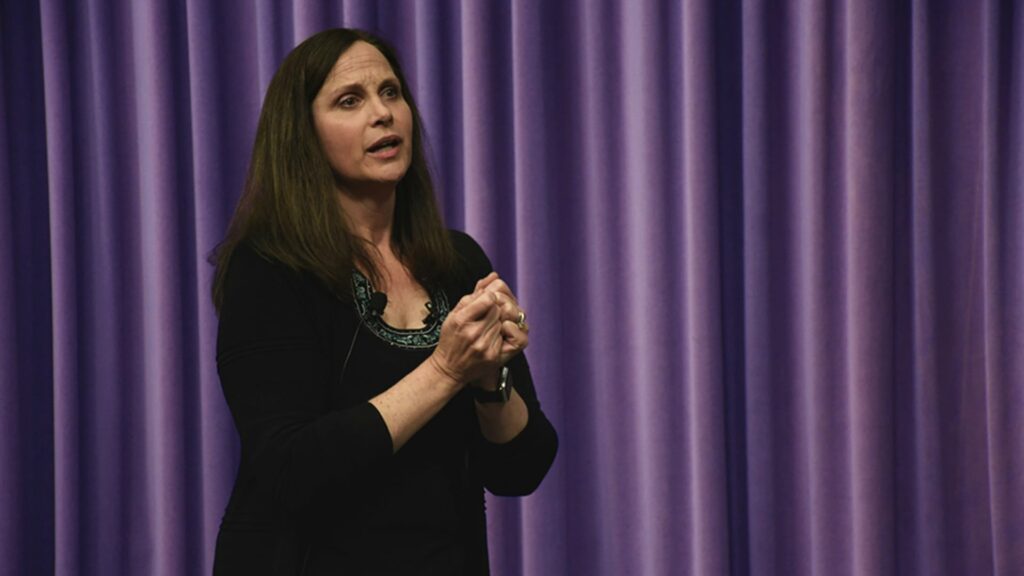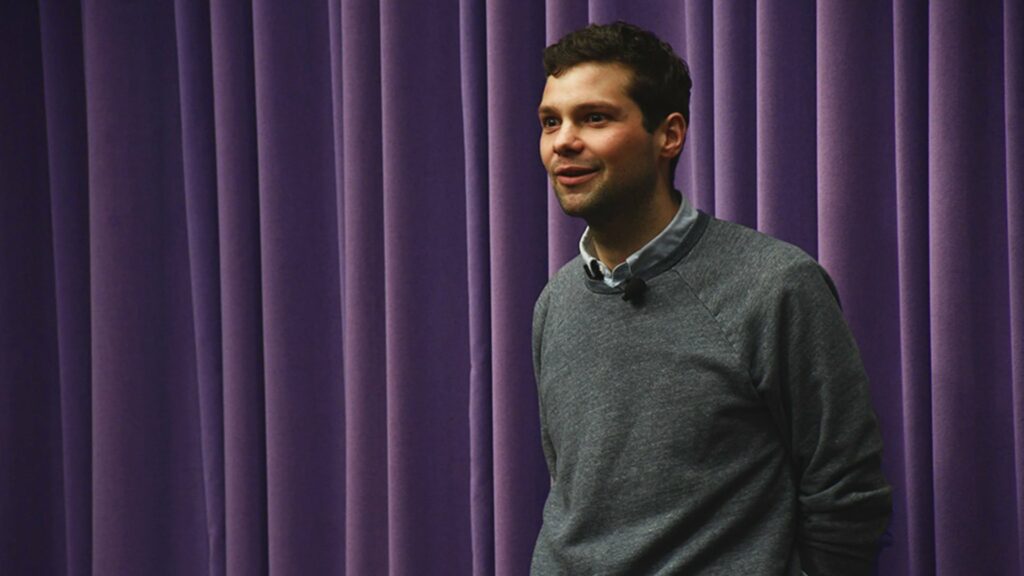
The concept of social entrepreneurship is becoming increasingly popular. People talk about great entrepreneurs like Jessica Jackley, co-founder of the microfunding company Kiva, and Blake Myscokie, who founded TOMS, which donates a pair of shoes to the needy for every pair of shoes sold. But let’s be honest: What if we want to contribute to social causes but are not ready to become the next “great social entrepreneur,” because we also have other things we care about? I have a friend who is really passionate about improving clean water supplies in developing countries, especially Africa. However, he has a job he loves, along with his hiking trips and friends – the fact that he cares does not mean he is ready to abandon his current life to move to Africa and dedicate it to the cause of clean water.
There are a wide range of entrepreneurs today, from Hollywood celebrities championing social causes to those toiling in obscurity on technological advancements. Is there any middle ground for average folks like us, who care deeply but don’t have the bandwidth to devote 100 percent to an immense social mission?
Student organizations are the most common occupants of this middle ground. Since high school and throughout my years at Stanford, I was part of an association called the Southeast Asia Leadership Network (SEALNet). Every year, SEALNet organizes community services trips for U.S. colleges students to Southeast Asian countries. Each trip is tasked with a social mission in a specific developing region, such as mentoring orphans in Vietnam, supporting underprivileged immigrants in the Philippines or improving hygienic measures in Indonesia. The SEALNet leadership board is almost 100 percent students, who spend on average 10 to 20 hours per week recruiting and preparing for SEALNet summer trips, and putting on regular bonding activities to strengthen SEALNet’s fast-expanding global community.
Five years ago, when I was a freshman at Stanford, I thought about bringing parts of the wonderful entrepreneurship education that I, fortunately, have had the opportunity to receive, to my home country, Vietnam. In Spring Quarter, with much-cherished support from Tom Kosnik, a management science and engineering lecturer at the Stanford Technology Ventures Program, Viet Youth Entrepreneurs (VYE) was born out of his course Global Entrepreneurial Marketing. Missioned to promote the entrepreneurship ecosystem in Vietnam, VYE organizes startup-education bootcamps, startup-internship programs, hackathons, business plan-pitching competitions, tech workshops, panel discussions, startup job fairs, and we most recently published a book on entrepreneurship. Now among the most prominent startup-community builders in Vietnam, the organization has thrived in the past five years 100 percent from the contributions of volunteers, most of whom work part time for VYE while carrying on their other jobs and ventures.
Many people ask me why we do not focus on building VYE to become the next big global social venture, powered by a full-time, well-structured team. I do not think everything needs to grow to be the next big thing (and I know this is a particularly strange statement in Silicon Valley, where the ultimate goal of the average startup founder is to make his/her venture the next big unicorn). VYE’s impacts on Vietnam’s youth and on its startup community have been proven. We put on new programs and events all year round, and are continuously modifying our approaches to better fit with the country’s fast-changing startup environment. Different from a traditional startup, where growth and cash flow are often the main focus, VYE is more of a community – a house hosting individuals who wish to spend time on supporting young Vietnam-based startups.
The community factor is key to part-time social ventures like VYE. A strong sense of community is the only way to motivate a group of part-time volunteers to commit to the organization’s overall mission. People voluntarily decide to offer their time because they believe in the mission; they then voluntarily continue to stick with the organization and deepen their commitment because they enjoy the friends they work with and the new friends they will meet through the work. Thus, shaping the right culture and facilitating optimal bonding between the officials have always been the focus of VYE’s leadership team.
Community is also one of the key perks for joining so-called part-time social ventures. Many VYE volunteers have found new ideas, inspiration, trusted friends, co-founders, and even girlfriends/boyfriends through plugging into our network. Apart from the core founding team, all VYE volunteers are assigned on a per-project basis, and thus are not meant to stay after the project ends. The more dedicated ones find time to come back and hold more permanent roles with the organization; some do not take on official responsibilities but keep coming back to support when they can. This model is ultimately laissez-faire – our organization is basically a group of everyday people who wish to contribute but can’t commit full time to VYE, who are nonetheless bound by the sense of community and culture that we have built.
I do not believe we have to wait until we have attained sufficient time, resources and determination to start thinking about “social good” startups. If we can find a channel to contribute as much as we can, when we can, society will benefit hugely from the additional 10 percent time contribution from millions of people – those with good intentions but who are not yet ready to become the next Muhammad Yunus due to other commitments. VYE is one community model for part-time entrepreneurs, and I am sure there are many other viable models out there. You just have to go look until you find one that fits your life.







